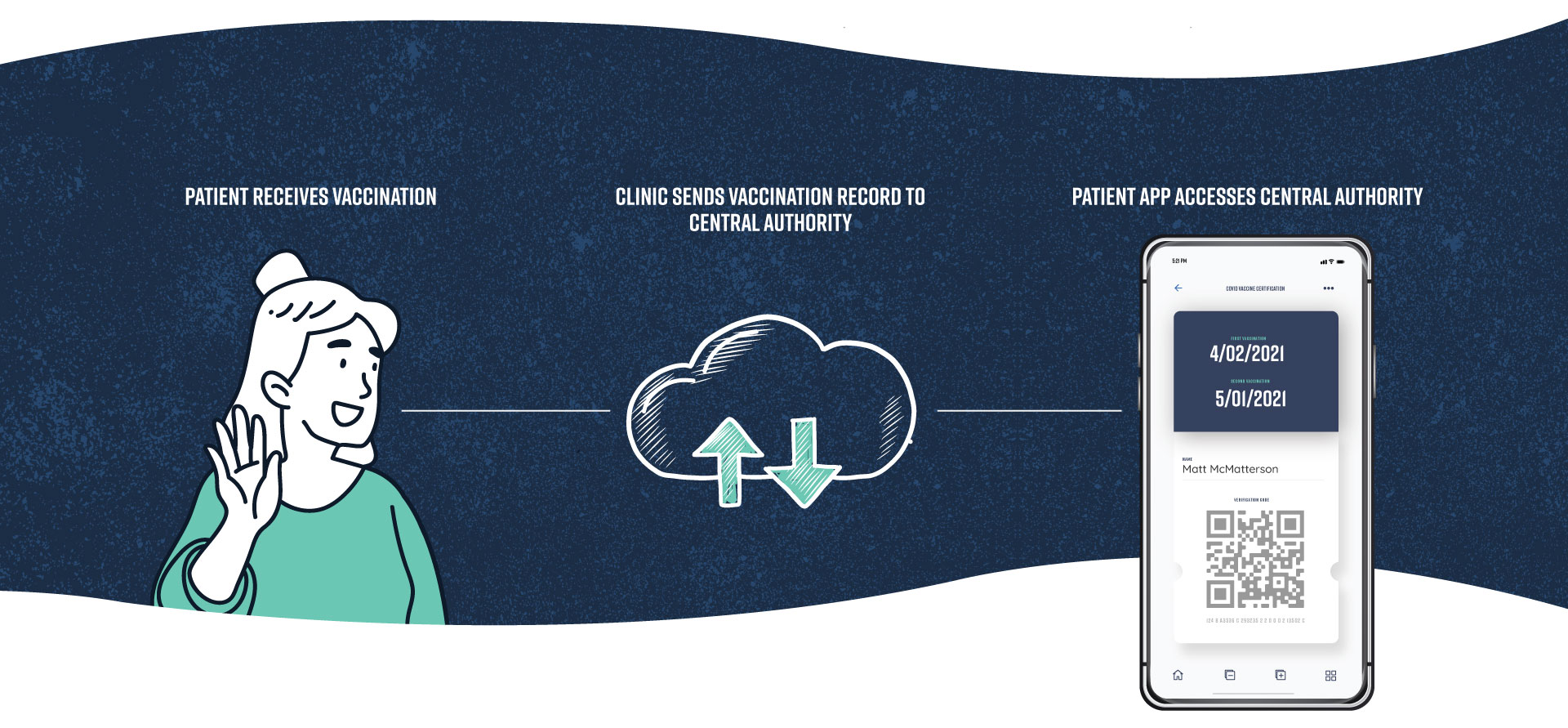No Shirt, No Vaccine, No Service.
This means the complicated questions – both ethically and logistically – about how and when to recognize who has been vaccinated or has potential immunity is becoming more pressing.
From an ethical perspective, the World Health Organization has raised concerns about “vaccination passports” as a concept. WHO’s primary objection is founded on the lack of evidence that people who recover from COVID-19 are protected from a second infection. Their concern has been recently validated by reported cases of reinfection.
Apart from immunity after infection, other healthcare thought leaders question how long immunity lasts after vaccination.
Katie Passaretti, an epidemiologist at Atrium Health (and also the first person in North Carolina to receive the vaccine), weighed in.
Doctors are still learning about the new coronavirus and how long a person might be immune either after receiving the COVID-19 vaccine or surviving an infection. So it makes it a little bit tricky to say, ‘OK, you can move around freely indefinitely,’ until we get a little bit more information” 1
What a “COVID CARD” Could Look Like
The concept of a “vaccine card” is not unprecedented. Several countries require a “yellow card” (also known as an International Certificate of Vaccination or Prophylaxis) to identify travelers who received vaccination for the Yellow Fever, a virus transmitted by mosquitos primarily in tropical and subtropical environments.
Because the card is paper-based, it is ripe for fraud. According to Oyewale Tomori, professor of virology at Redeemer’s University, “The yellow fever vaccination certificate is just another certificate that can be falsely obtained.” According to some, this correlates with an increase in transmission of the disease over the last several years.
Efficacy and Ethics
Apart from the ethical considerations of a similar “Covid Card”, the ease of fraud in paper-based certifications raises questions of efficacy as well.
This has led to technology leaders considering digital alternatives to paper-based certifications. Not only are these alternatives theoretically more secure, but also more convenient. Rather than carrying a distinct card, proof could be produced on a device already carried by the majority of Americans. A smartphone.
How do Clinics Fit In?
It’s likely that clinics could grant patients proof of vaccination by integrating the digital systems they already have to the central authority of vaccination records via a web service. Rather than producing a card that can be easily counterfeited, this gives patients a convenient way to demonstrate vaccination because it would be logged in a ubiquitous system of record.
Post-vaccination, it’s likely that patients will demonstrate their vaccination via a digital repository. Like Apple’s Wallet, an app that allows users to store credit cards, boarding passes, and insurance details, this “healthcare” oriented repository would focus on verification of healthcare credentials, including vaccination records. These records could be identified via QR codes and read by scanners at airline gates, concert venues, and restaurants.






